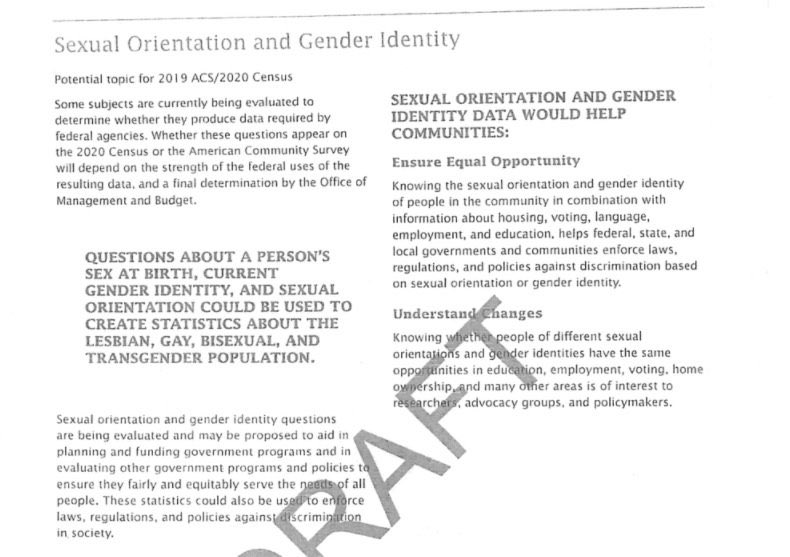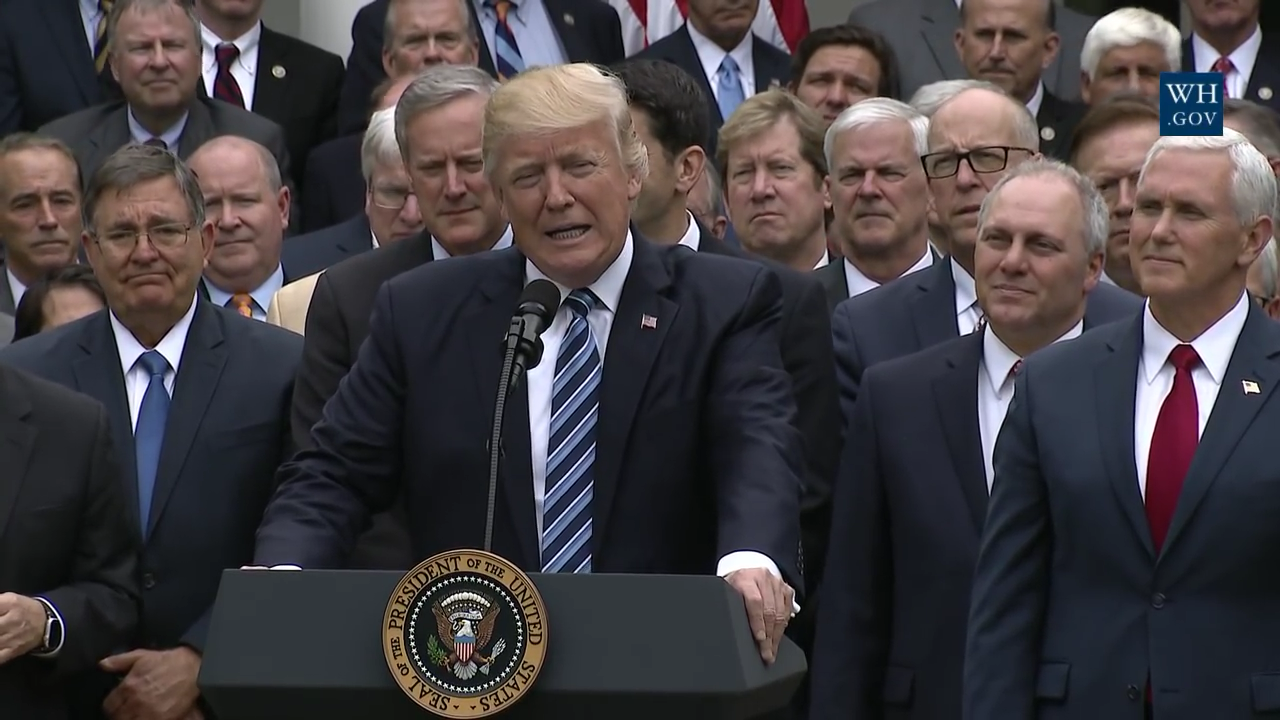Abortion rights, women of color, and LGBTQI+ people are under attack. Pledge to join us in fighting for gender justice.
New Reports Tackle Gender and Racial Bias Embedded in the Tax Code
(Washington, D.C.) The tax code in America was largely written by and for a small number of powerful and wealthy white men. These laws comprise a set of hidden rules that help shape our economy in ways that exacerbate or mitigate gender and racial equality. Three new reports by the National Women’s Law Center (NWLC)—in partnership with the Groundwork Collaborative, the Roosevelt Institute, and the Georgetown Center on Poverty and Inequality—investigate the many ways that our outmoded tax laws reflect the elite’s worldview, experiences, and biases at the expense of women, people of color, and low-income families and offer solutions to harness the tax code as a tool for equity.
“We are long overdue to reckon with all the ways the tax code has undermined gender and racial equality in this country,” said Melissa Boteach, NWLC Vice President of Income Security and Child Care/Early Learning and a co-author of two of the reports. “Power and wealth beget power and wealth, and historically households headed by women and people of color have been blocked from accumulating either. This discrimination has been enshrined in tax laws that reward wealth over work and give tax breaks for vacation homes even as lawmakers cry ‘deficit’ when it’s time to invest in rental assistance for struggling families. These hidden rules hurt women—especially women of color, LGBTQ women, immigrant women, and women with disabilities who have faced the greatest barriers to economic opportunity. It’s time to harness the tax code as a tool to advance gender and racial equity—which in turn, is fundamental to shared economic growth.”
The first report, The Faulty Foundations of the Tax Code: Gender and Racial Bias in Our Tax Code, examines provisions that reflect and preserve racial and gender biases or outdated and inaccurate assumptions about families and workers—on everything from who is earning income, running businesses, caregiving for family members, and building wealth.
Legal expenses to defend against bribery charges can be deducted as a “business expense,” but the mother who is paid poverty wages and needs child care to work cannot access a nonrefundable tax credit for child care expenses because her income is too low.
Workers who are compensated for workplace injuries—who are more likely to be men—are not taxed on the award, but workers filing claims for workplace discrimination—who are more likely to be women, people of color, and people with disabilities—are taxed on their awards. Thanks to choices made in the tax code, a woman who brings a successful sexual harassment claim will pocket less than a man with the same sized award for worker’s compensation.
“Seeing these tax laws together in one place is truly astounding,” said Ariel Jurow Kleiman, Assistant Professor of Law at University of San Diego School of Law and co-author of the report. “There is a landscape of discrimination hidden within the tax code, which is not obvious when you look at isolated provisions. I hope, by bringing to light the biases built into our tax laws, we can begin an open conversation about how to make the tax code work for all of us.”
Reckoning with the Hidden Rules of Gender in the Tax Code: How Low Taxes on Corporations and the Wealthy Impact Women’s Economic Opportunity and Security, the second report, underscores how tax policy is one of the most powerful tools to redress economic inequality and promote gender and racial equity, but today does too little to address either.
This paper shows how tax cuts for the wealthy and corporations have played a role in enabling—and in some instances encouraging—those with the highest income and most capital to accumulate outsized power and wealth with negative downstream effects for women. It describes several substantial ways that low taxes for the wealthy and corporations, such as the erosion of taxes on intergenerational wealth transfers, preference for income from wealth over income from work to low effective tax rates on the highest earners, interacts with historical and structural exclusions of women and people of color, and why a tax agenda should be part of a gender justice agenda to rebalance these inequities.
“Our report made one thing clear: policy choices have entrenched inequities into the tax code, and policy choices can remedy them,” said Steph Sterling, Vice President of Advocacy and Policy at the Roosevelt Institute. “The tax code’s current preference for income from wealth over income from work exacerbates, rather than rectifies, gender and racial economic disparities. Left unchecked, these trends are undermining the economic stability and power of millions of low-income women, disproportionately women of color. Now is the time to ask our elected officials to push for a more equitable tax code for the good of all of us.”
A Tax Code for the Rest of Us: A Framework & Recommendations for Advancing Gender & Racial Equity Through Tax Credits, the final report, offers a new vision for a tax code that works for women, people of color, and low- and moderate-income families. Centuries of racist, sexist policy choices and discrimination have created significant barriers for women and people of color to build the kind of wealth our tax code now rewards. At the same time, insufficient tax revenues—exacerbated by tax breaks for the wealthy and corporations—constrain budgets for programs that help people afford their basic needs. This means women and people of color face a double squeeze: they have limited access to tax subsidies that wealthy families receive and little support from spending-side basic assistance programs. The report examines four areas where this phenomenon plays out—housing, child care, transportation, and higher education.
Two exceptions in tax policy are the Earned Income Tax Credit (EITC) and the refundable part of the Child Tax Credit (CTC), which boost families’ incomes, improve health, education, and employment outcomes for children in those families. These effects have been particularly meaningful for women of color, who face persistent barriers to financial security, such as discrimination in the labor market. The report outlines a framework for lawmakers to build on the success of these credits, advance racial, gender, and economic equity in the tax code, and help communities ensure their own economic security.
“Our federal income tax code is not race- or gender-neutral. It subsidizes wealth accumulation for the already wealthy at the expense of tens of millions of women, people of color, and families who are the backbone of our communities and economy,” said Indivar Dutta-Gupta, Co-Executive Director of GCPI and a co-author of the report. “We can do better. By harnessing the potential of refundable tax credits—like the EITC and the refundable part of the CTC—policymakers can help work towards a tax code that works for the rest of us.”
“For nearly fifty years, the wealthy have convinced policymakers to rig the tax code in their favor,” said Janelle Jones, Managing Director of Policy and Research at Groundwork Collaborative. “By keeping marginal tax rates at the top low, shielding assets and income accumulated from wealth from taxation, and creating deductions that only the rich and powerful can access, policymakers have allowed a select few to accumulate an unprecedented level of wealth, while women, people of color, immigrant families, individuals with disabilities, and LGBTQ folks are getting squeezed. It’s time to create a more progressive tax code, one that redistributes a small portion of that wealth back to the communities that created it. Because the economy only works when it works for most of us.”
###
About the National Women’s Law Center
The National Women’s Law Center fights for gender justice — in the courts, in public policy, and in our society — working across the issues that are central to the lives of women and girls. We use the law in all its forms to change culture and drive solutions to the gender inequity that shapes our society and to break down the barriers that harm all of us — especially those who face multiple forms of discrimination, including women of color, LGBTQ people, and low-income women and families. For more than 45 years, we have been on the leading edge of every major legal and policy victory for women. Find out more at NWLC.org.
About the Roosevelt Institute
The Roosevelt Institute, a New York-based think tank, promotes bold policy reforms that would redefine the American economy and our democracy. With a focus on curbing corporate power and reclaiming public power, Roosevelt is helping people understand that the economy is shaped by choices—via institutions and the rules that structure markets—while also exploring the economics of race and gender and the changing 21st-century economy. Roosevelt is armed with a transformative vision for the future, working to move the country toward a new economic and political system: one built by many for the good of all.
About the Georgetown Center on Poverty and Inequality
The Georgetown Center on Poverty and Inequality (GCPI) works with policymakers, researchers, practitioners, advocates, and people with lived experience to develop effective policies and practices that alleviate poverty and inequality in the United States, with a cross-cutting focus on racial and gender equity. The work of GCPI is conducted by two teams: The Initiative on Gender Justice and Opportunity and the Economic Security and Opportunity Initiative. The mission of the GCPI’s Economic Security and Opportunity Initiative (ESOI) is to expand economic inclusion in the United States through rigorous research, analysis, and ambitious ideas to improve programs and policies. Find out more about GCPI ESOI at georgetownpoverty.org.
About the Groundwork Collaborative
The Groundwork Collaborative is an initiative dedicated to advancing a coherent, persuasive progressive economic worldview and narrative. We are committed to collaborating with a diverse array of partners to advance an economic system that produces strong, broadly shared prosperity and abundance for all people, and not just a wealthy few. Our work is driven by one core guiding principle: we are the economy.
For Immediate Release: November 13, 2019
Contact: Maria Patrick ([email protected]), Ariela Weinberger ([email protected]), Isabella Camacho-Craft ([email protected])
Claire Guzdar ([email protected])





